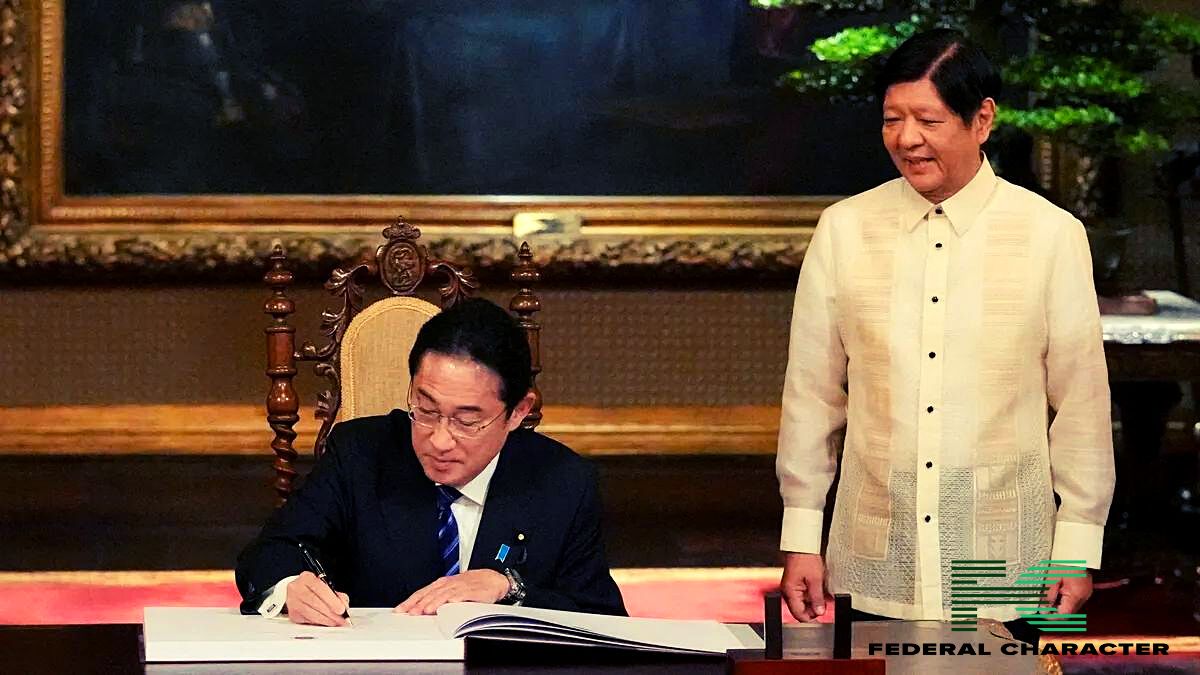Mali’s return to democratic rule has hit a major roadblock. The African Union (AU), a powerful organization of African nations, is urging Malian officials to create a clear plan, or “roadmap”, for how the country will transition back to civilian leadership.
This comes after a series of concerning moves by Mali’s military junta, the group of soldiers who took control of the government in 2020. The junta recently suspended all political activities and banned media coverage of political parties. These actions raise concerns about stifling free speech and preventing a fair election process.
Why is a roadmap important? Mali has been struggling with a complex situation for years. Jihadist groups have caused violence and instability, and many Malians are facing a tough humanitarian crisis. A clear roadmap would show the steps needed to address these issues and hold elections that reflect the will of the people.
The AU is not alone in its concerns. International organizations like the United Nations and regional groups like ECOWAS (Economic Community of West African States) have also criticized the junta’s actions and called for a return to democracy.

Mali’s leaders have faced criticism for failing to keep their promises. Originally, they pledged to hold elections in February 2022 and then step down. However, this deadline was missed, and now the future of elections seems uncertain.
Adding to the complexity is Mali’s recent shift in alliances. The junta has moved away from France, its former colonial power, and developed closer ties with Russia. This has raised concerns about Mali’s future foreign policy direction.
Neighboring countries like Burkina Faso and Niger have also faced military coups in recent years. This regional trend of military takeovers is a cause for concern for the entire West Africa.
The situation in Mali remains fluid. The AU’s call for a roadmap is a crucial step towards a peaceful and democratic future for the country. However, it remains to be seen if the junta will cooperate and create a clear path forward.

















